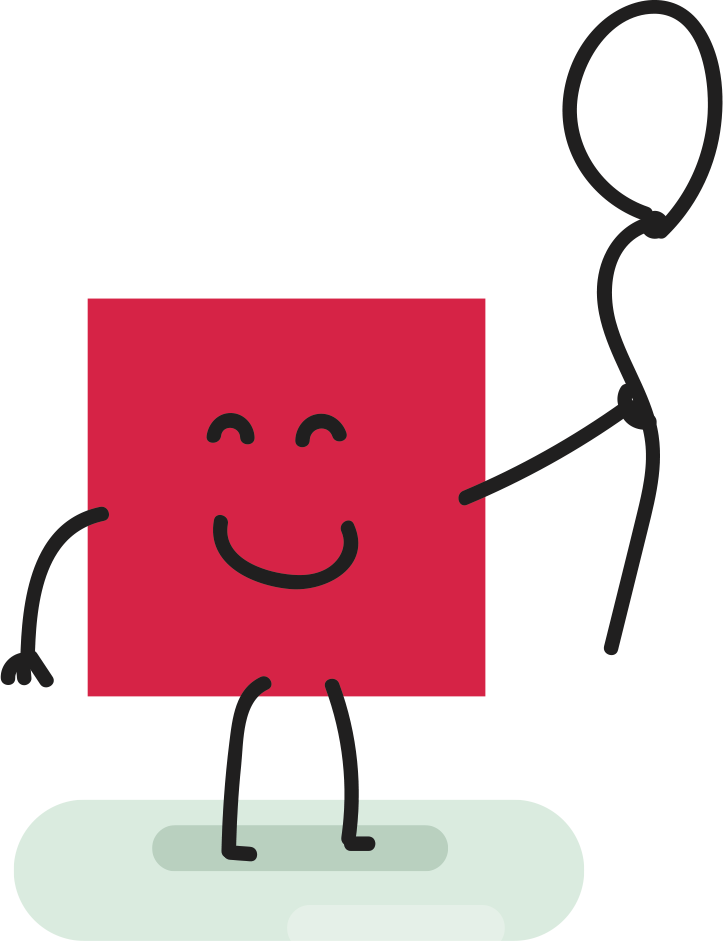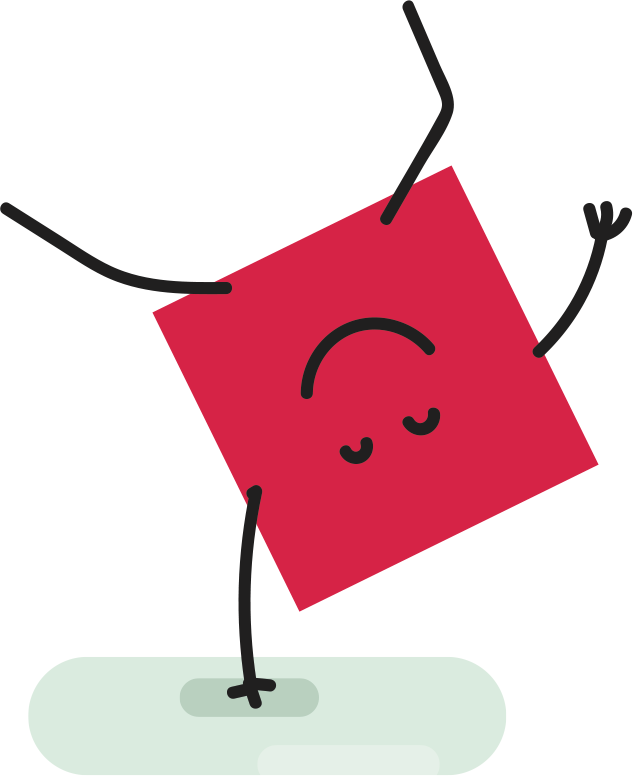

Children and young people experiencingisolation and withdrawal can be assessed through a range of methods, including; a clinical interview, observations, questionnaires, and standardised tests.
As isolation and withdrawal can present in many ways, the assessment for needs will be bespoke according to the child or young person. It may be that the adults around the individual have noticed the isolation and withdrawal before the child or young person. An assessment in this case would look different to an individual who is aware of their isolation and withdrawal. Part of the assessment would be to explore the extent of the isolation and withdrawal, and the impact it is having on a child or young person’s life. The amount and method of withdrawal and isolation will influence the recommendations made.
The assessment process will likely assess for similar conditions to rule in or rule out specific causes for the isolation and withdrawal, such as low mood, depression, anxiety or paranoia. Understanding why the isolation and withdrawal is occurring will help to identify and address needs.
The individual may also be asked to keep a journal to identify patterns of thoughts and behaviour relating to their withdrawal. This is in order to identify any underlying needs that may be causing the child or young person to withdraw and isolate themselves, as well as monitoring the frequency of these occasions.
An indirect approach to assessment may also be taken if the child is struggling to engage as a result of the withdrawal. For example, speaking to relevant adults around the child instead of directly assessing the child or young person.
Following an assessment, needs are identified so we can recommend future steps and create a plan for intervention. Specialist interventions take place over a period of time to reduce the time spent isolating or withdrawing. An intervention will be bespoke according to an individual’s unique needs and agreed goals.
A direct or indirect approach may be taken in regards to intervention. A direct approach with a child or young person who is extremely withdrawn may include a graduated approach with the aim of gradually increasing social interaction. Increasing interaction will take place through the agreement of goals to work towards and then reviews on progress. An indirect approach may include working with the child or young person’s family, with guidance on how to provide support. The choice of approach will be decided based on factors such as; age, extent and type of isolation and withdrawal. Both approaches may be used at the same time or one after another.
Regular reviews would happen throughout the intervention, and a final review would take place following our input to assess the impact of our involvement. The impact of our involvement will be measured against agreed goals.
Any needs identified can be written up and outlined in a report for a range of needs. Post-assessment support and reports can be talked about during the initial discussion.
Our psychologists provide various interventions for those experiencing isolation and withdrawal. Interventions will be selected according to the person and their individual circumstances. Interventions we provide include:
Interventions will be discussed and agreed upon beforehand. Interventions can provide children, young people and their families with strategies to help support them now and in the future, should the difficulties return.
Due to the complexity of assessments and needs varying on an individual basis, a fixed price for an assessment will be available following an initial discussion.
Arrange an Initial Discussion to find out how we can help. The initial discussion lasts 1-1.5 hours, comes with a written recommendation summary and is a starting point to identify needs. The cost is £260.
only
£260
Isolation and withdrawal can impact children and young people in different ways, at any age or any stage of development. Early needs identification and intervention enhances outcomes for those experiencing isolation and withdrawal. If you would like an assessment for needs relating to isolation and withdrawal for a child or young person then please contact us now to see how we can help.








Once again thank you for all your help and for actually listening to me when others wouldn’t.

Jodie (Parent)
Thank you Julie once again for the excellent report, it captured the child’s needs entirely - SENDIASS, parents and me commented on how well written it was. Many thanks for your continued assistance.

SENCO
Sarah Ward was brilliant with us. Really happy with the help and support, would recommend.

Joanne (Parent)
I think the work you have been doing has been great to help break the stigma of mental health and as a fellow sufferer I know how important that is.

Mental health professional
Many thanks for Sarah W’s hard work with our students which has been very well received.

Deputy Head
Really enjoyed it and learnt lots that I can take back to school. Thank you for the quality experience.

Sarah Tindal
Thank you Julie once again for the excellent report, it captured the child’s needs entirely - SENDIASS, parents and me commented on how well written it was. Many thanks for your continued assistance.

SENCO

We provide bespoke solutions to suit all budgets and requirements for children and young people aged 0-25 in homes, education settings and the community. Our clinical, educational and child psychology services are cost effective.
To make a referral and arrange an initial discussion please complete our referral form.

Ready to get started? The next step is to speak to our team to find out more about the services we provide and how we can help. Call us on 0161 820 9229 or email office@hsrpsychology.co.uk